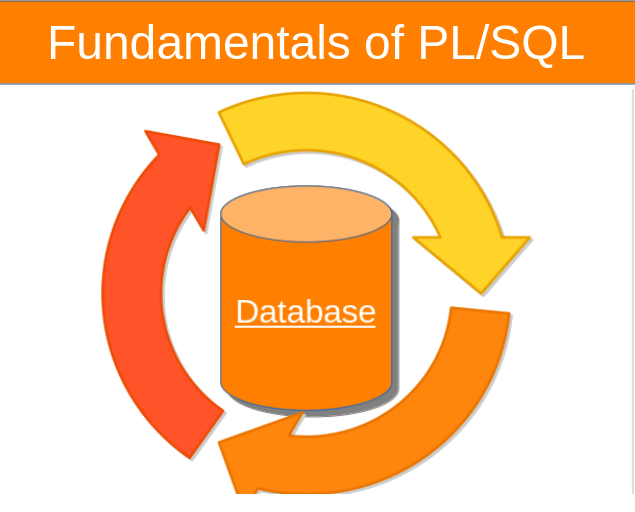Fundamentals of PL/SQL
- compnomics
- Nov 7, 2024
- 2 min read

PL/SQL (Procedural Language/SQL) is a powerful language that extends the capabilities of SQL by adding procedural programming constructs. It allows you to write complex logic, control flow statements, and modular code within a database environment.
PL/SQL Data Types
PL/SQL supports a variety of data types to store different kinds of data. Some of the most common data types include:
Number: Used to store numeric values.
NUMBER(precision, scale): Specifies precision and scale.
VARCHAR2: Used to store variable-length character strings.
VARCHAR2(size): Specifies the maximum length of the string.
CHAR: Used to store fixed-length character strings.
CHAR(size): Specifies the fixed length of the string.
DATE: Used to store date and time values.
BOOLEAN: Used to store Boolean values (TRUE or FALSE).
CLOB: Used to store large character objects.
BLOB: Used to store large binary objects.
Variables and Constants
Variables:
Declared using the DECLARE keyword.
Can be assigned values using the := operator.
Can be used to store temporary values during program execution.
Constants:
Declared using the CONSTANT keyword.
Assigned a value at the time of declaration.
Cannot be modified after declaration.
Example:
DECLARE
v_first_name VARCHAR2(50) := 'John';
v_last_name VARCHAR2(50) := 'Doe';
v_salary NUMBER(10, 2) := 50000;
BEGIN
DBMS_OUTPUT.PUT_LINE('Employee Name: ' || v_first_name || ' ' || v_last_name);
DBMS_OUTPUT.PUT_LINE('Salary: ' || v_salary);
END;
/
Scope and Visibility of Variables
The scope of a variable determines where it can be accessed within a PL/SQL block. PL/SQL has three levels of scope:
Local Scope: Variables declared within a block are local to that block.
Package Scope: Variables declared within a package specification are accessible to all procedures and functions within that package.
Global Scope: Variables declared in the DECLARE section of an anonymous block are global to that block.
Key Points:
PL/SQL is a powerful language for database programming.
Understanding data types, variables, and constants is crucial for writing effective PL/SQL code.
The scope and visibility of variables determine where they can be accessed within a PL/SQL program.
By mastering these fundamental concepts, you can create complex and efficient database applications.




Comments